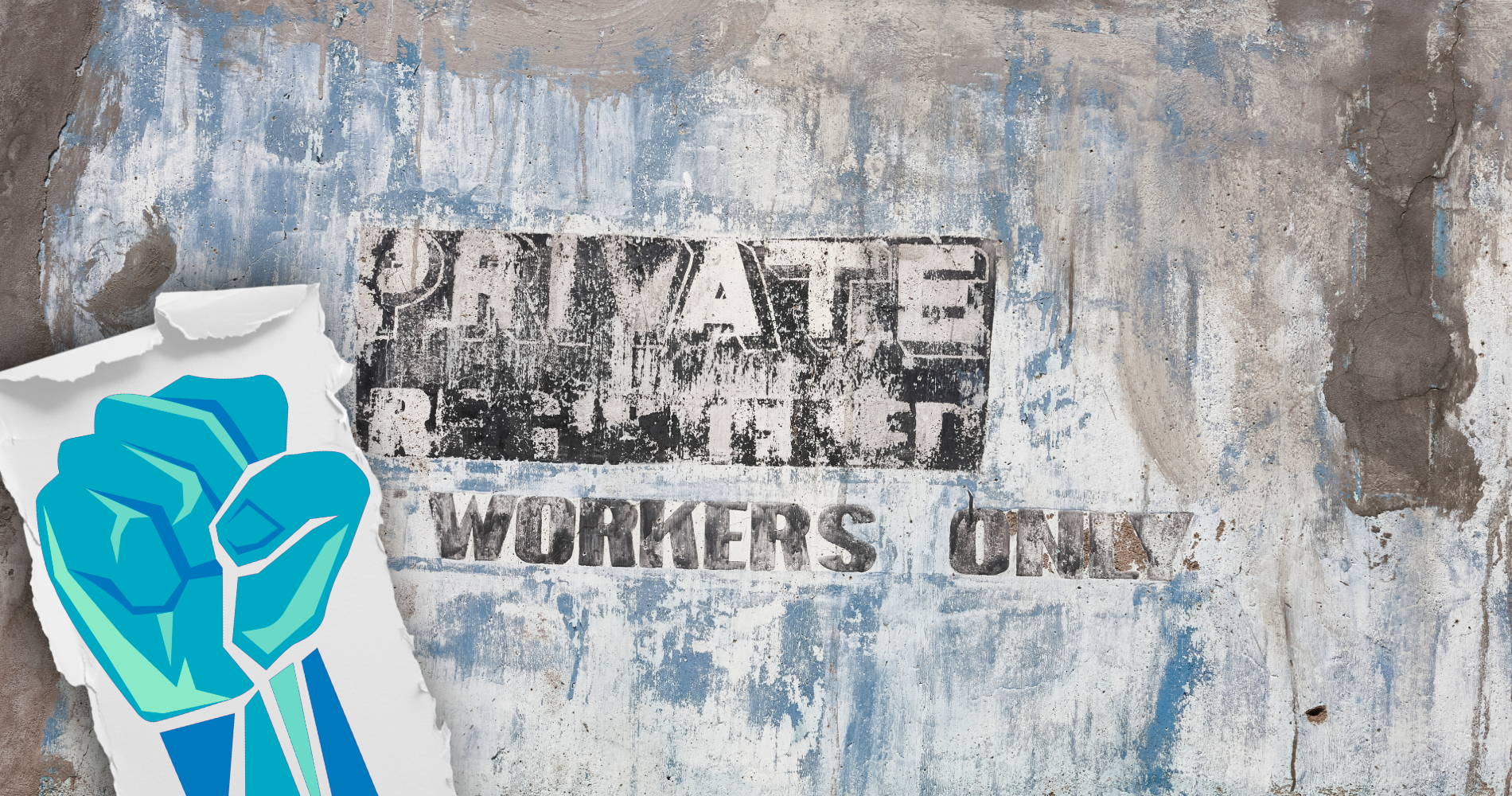Canada can easily afford to create a truly just society
Five years ago, I went looking for statistical proof that poverty in Canada was inexcusable and that its eradication was something the country could easily afford.
The proof was found by comparing the rise of the Gross Domestic Product (GDP) from 1970 to 2005 and converting the figures to constant dollars with the same inflation-adjusted value. The gross figures were then broken down on a per capita basis to show how much each Canadian man, woman and child would have received if the total wealth produced by the economy each year had been equally divided.
Such equal sharing back in 1970 would have given each Canadian the sum of $17,693 that year, or a household income of $70,772 for a family of four. By 2005, because the national GDP had increased from $378,623,000,000 to $1,169,144,000,000, equal sharing would have given each Canadian $36,077, or $144,308 for a family of four.
Now, I’m not suggesting that the GDP could or should be divided into equal shares for everyone. There are good reasons why some people are paid more than others, having to do with different levels of skill, experience, responsibility, risk-taking, leadership, and a host of other variables. But the GDP figures still make it crystal clear that the wealth generated in Canada – most of it by workers – is being shamefully maldistributed.
Whether every Canadian man, woman and child is worth $36,000 a year – or whatever higher amount an equal per capita share would be today – is admittedly debatable. But surely it is far less justifiable that a few thousand Canadians should be wallowing in wealth while millions of others remain poor and hungry.
The GDP statistics I dug up also decisively demolish the often-heard excuse that Canada can’t afford more social spending – can’t afford national Pharmacare, or a national child care plan, or tuition-free post-secondary education, or higher public pensions, or more adequate UI benefits, or any other improvement in our social programs.
These figures don’t lie. The national income is now more than twice as high as it was in the 1970s, when most of our social programs were at their peak. (And keep in mind that the figures are in constant dollars. All the amounts were converted into the value of the Canadian dollar in 1997, the last year for which I could make the inflation adjustment six years ago.) No one asked back in 1970 where the money was coming from to build and maintain these bulwarks of a welfare state. No one – except the odd right-wing ideologue – claimed that we couldn’t afford them. But today, when the country is more than twice as flush financially, we’re being told by our political and business élites that we don’t have the money to make life secure and decent for millions of Canadians.
But it’s not that the money doesn’t exist; it’s where it winds up – more and more of it in fewer and fewer pockets. Even worse, the most affluent among us are not paying – not being compelled to pay — their fair share of the tax revenue needed to raise social spending to the required level.
This appalling and inexcusable inequality has been documented in many CCPA studies and exposed by many CCPA writers and researchers. You’ll find insightful articles about inequality elsewhere in this issue by Murray Dobbin, Jim Stanford, David Wilson, Judy Kennedy, Andrew Jackson, and Graham Riches. The main reason they and so many other progressive thinkers are focusing on the social blight of inequality is clear: because it is the root cause of nearly all the social and economic problems that plague our society.
Whether you happen to be mainly concerned about child poverty, hunger, homelessness, unemployment, inadequate child care, steep university tuition fees, lack of timely and accessible health care, or any other major shortfall in our social system, they can all be traced to the country’s grossly inequitable apportionment of income and wealth. When our governments tell us “we can’t afford to make life comfortable and secure for the poorest among us,” they are careful not to tell us it’s because they prefer instead to make life more comfortable and secure for the richest among us.
The GDP figures I cited, however, tell us exactly what the politicians refrain from admitting. The figures scream at us that, in a nation with so much money, the prevalence of poverty, hunger, and every other social ill is indefensible. Canada could easily achieve – even surpass — the levels of social and economic equality now enjoyed by the citizens of the Scandinavian and many other European countries.
Financially, in other words, the attainment of social justice in Canada is well within our reach. We may lack the vision. We may lack the resolve. We may lack an effective political option. We may even (sadly) lack the motivation. But what we most definitely do not lack, as a nation, is the money.
Don’t let our political and corporate leaders or their media propagandists persuade you otherwise.
(Ed Finn is the CCPA’s Senior Editor.)


